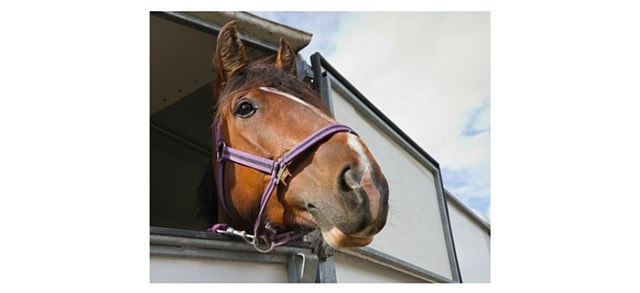While some equine enthusiasts haul their horses throughout the year, many more begin to look towards taking their horses down the road to their favorite equine event as warmer weather rolls around in the springtime. With this comes many considerations to be prepared while out on the road so that safety and comfort of the horse can be maximized while traveling. Feeding horses on the road can be complicated. Here are some tips.
One of the first considerations while hauling horses is to make certain that all the necessary tools are accounted for so that proper feeding, watering, and safety can be maintained while out on the road. Suitable number of buckets and hangers are vital so that feed and water are easily accessible. A water hose is generally good to include in the trailer so that horses can be watered in transit and while at the events. A water hose is also good to have so that the horse may be washed off after being worked.
If staying overnight in a stall situation, many venues provide shavings to be purchased but not always. It’s a good idea to contact the venue beforehand to see if shavings will be offered for sale, or if they need to be brought from home. Horses should be properly bedded for comfort and safety. Lastly, leg wraps or transit boots may also be considered for the trailer ride over to the event to help prevent any injuries in transit.
Aside from being prepared with the proper tools to care for the horses while traveling, it is equally if not more important to make certain that horses remain hydrated and receive proper amounts of forage and grain sources that they would typically receive at home. While traveling, many horse owners like to offer hay in the trailer to their horses. But feeding horses on the road can be tricky. While this may be a good idea especially for a nervous horse, many people forget to provide adequate water along with hay while in transit on long road trips. Research conducted by Kentucky Equine Research has shown that eating forage increases thirst in horses. Therefore, providing forage without access to water for extended periods of time can cause horses to become dehydrated, and can potentially increase the chances of colic. Keep in mind that while providing hay to the nervous horse can create a calming effect, the nervous horse may also consume it at a rapid rate. This can cause an increased opportunity of choking. Here once again is an example of why it is important to have water present when feeding horses on the road.
Another consideration of providing hay to horses in the trailer is dust. When hay is offered in hay nets, the nets are typically hung in what is known as the ‘breathing zone’ around the horse’s muzzle. When the hay is offered in this way, dust blows off the hay and can be inhaled directly into the lungs of the horse causing harmful if not long-term detrimental effects.
An alternative to hay in transit could be a hay cube such as Alfa-Pro from Hi-Pro Feeds. By feeding horses Alfa-Pro in a bucket that has been soaked in water prior to traveling, forage and water can be offered while in transit, as well as reducing dust levels that could be potentially harmful. It is still recommended that horses should be watered at least every four hours and more if daily temperatures and humidity levels are high. It is generally accepted that horses should not be hauled for more than 12 hours in one day. If long haul periods are required, it is best to try to travel during cooler parts of the day. This will help to reduce water loss from the horses, and will inevitably be better on trailer and tire wear.
Lastly, horse owners should consider the type of water that may be available at the location that they are traveling to. Horses that consume water from a well at home may not consume water at the venue which may come from a municipal source that is chlorinated. Therefore, it may be wise to carry water from home to make certain that horses consume on a regular basis without any refusals. If horses are under intense exercises while participating in equine events, it may be beneficial to provide electrolytes so that horses maintain a proper electrolyte balance. These can be easily administered by mouth or through the water source. The addition of the electrolytes will help in reducing the potential of tying-up, muscle soreness, and will assist in muscle recovery.
Hauling horses to equine events can provide much pleasure and life-long memories. Through proper preparation and good horsemanship practices while traveling, those memories can be
positive and fun experiences.
By Matt McMillan, Ph.D., Equine Nutritionist, Hi-Pro Feeds


